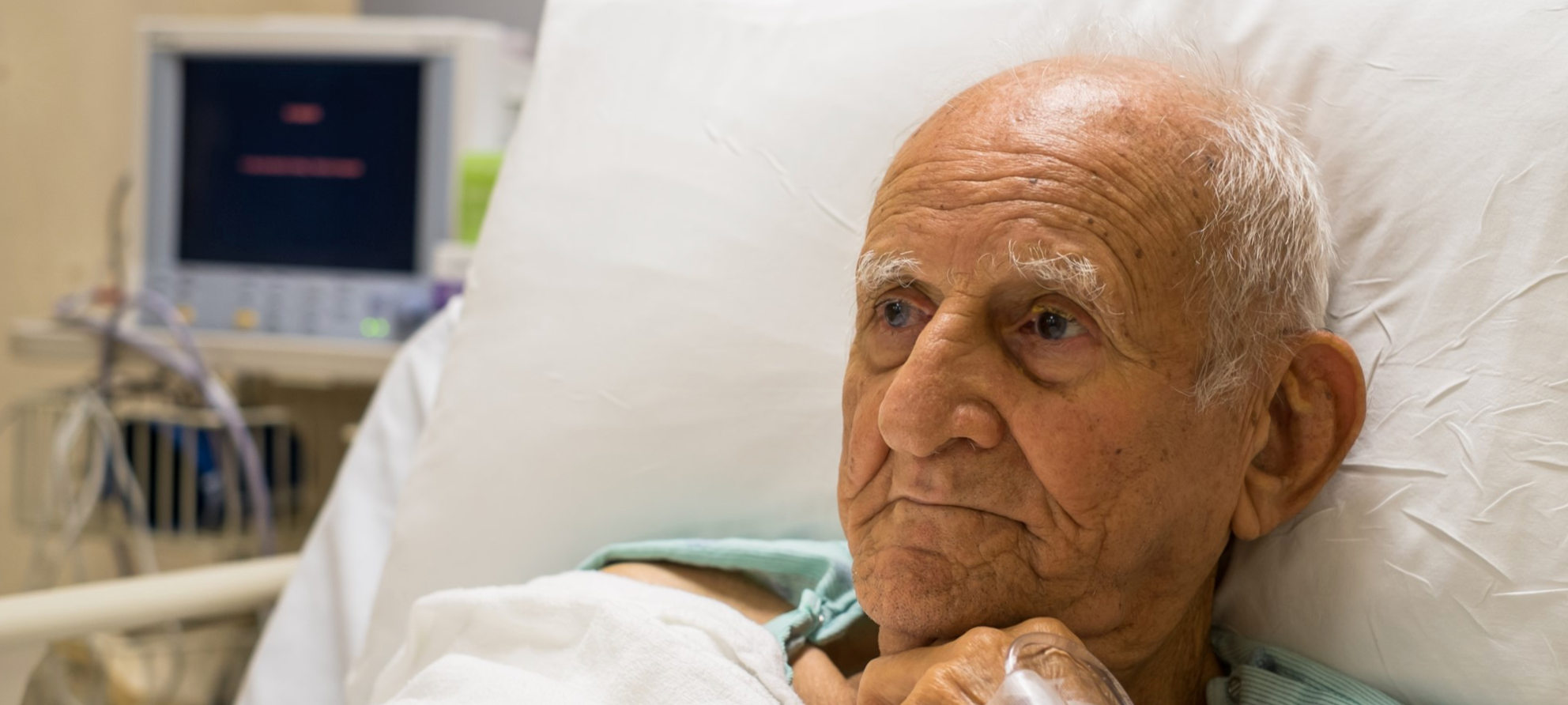CASE STUDY
Swindon Borough Council
In a nutshell
Supported by Newton, health and social care practitioners in Swindon reviewed a sample of cases for patients discharged from hospital, asking: “if there was a delay, what was the reason?”, and “was the best outcome for the person achieved?”.
They identified that too many patients were being discharged to residential or nursing care, which was also leading to unnecessary delays in hospital. In 64% of cases, the person would have achieved a better outcome had they been supported to return home (with domiciliary or residential reablement).
As Luke Tregidgo, Business Manager at Newton says, “it’s important that people are being discharged to the most appropriate setting for their needs after a spell in hospital. Most older people want to live independently for as long as they can – in their own homes. However, we found that therapy, care and social work staff weren’t really working together to promote return home. And the reablement service, who were supporting 330 people a year, believed they were working at capacity.”
When we spent time with staff on the frontline however, by analysing over two hundred thousand lines of data and mapping the service process flow, we identified mis-matches between demand and rota capacity at different times of the day and on different days of the week.
This new clarity showed that the service had the ability to help a further 540 people each year, an increase of 163%, without the need for further spend.
We believe that to make lasting change happen, it needs to be led by practitioners and frontline teams. We combine their local practice expertise with our rigorous, evidence-based approach to understand the root cause of problems, before taking a prioritised approach to practically solving them.
To do that, we brought together a design team of health and social care practitioners to create pilot and iterate new ways of working.
Luke explains, “there’s a common myth that you can achieve either low discharge delays or great discharge outcomes, but not both at the same time. Too many systems commission services based on forecasts of what they have used previously, without understanding what they would need if people were consistently achieving the best outcomes.”
We developed a robust way of tracking and prioritising social work cases in the hospital, backed by structured daily MDTs, and commissioned a set of discharge services based on optimum outcomes. We also introduced calls between the hospital, social care and CCG three times a week to review patients ready for discharge and promote daily discharges. By doing so, we were able to achieve a sustainable 63% reduction in DToC days and a 75% reduction in the number of people going to residential and nursing beds when they didn’t need to.
We also developed and tested user-friendly digital tools alongside new working practices to help managers match staff rotas to the changing needs of service users. This means the service now has a way to effectively understand and match demand and can sustain this into the future.
The reablement teams were given more accountability to step down care once someone achieved independence. Together, we designed a system, based on the Morriston Occupational Therapy Outcome Measure, whereby during every visit reablers rank the independence of patients based on 15 areas of daily living and feedback live to the central team. Once the scores show the person is independent, care is immediately stepped down, or removed completely.
The design teams iterated and trialled these changes until we were all confident that the new ways of working were having the right impact and then rolled them out to the wider team.
The daily reablement dashboard supports good evidence-based decision-making by middle management. Dashboards alone don’t fix problems; the importance of training staff in how to interpret data and setting-up the right governance structures so that not every issue ends-up on senior managers’ desks is crucial.
The three key measures are:
- Number of people starting on the service per week
- Number of people finishing on the service per week
The effectiveness of the service (i.e. difference between levels of need at start and end of reablement)

Change is hard. If it were easy to do, our clients would have achieved it without us. When change involves hundreds of staff needing to behave very differently, the challenge is even greater. Rather than trying to gloss-over the size of the challenge, we took an approach that set a realistic expectation about how tough the journey was going to be; but provided the assurance that they would be supported by a dedicated team of 8 people from Newton who would be living and breathing the change alongside them every day for the nine months it took to implement.
Sue Wald, Corporate Director for Adult Social Care at Swindon Borough Council explains: “getting people excited about and engaged with the changes was so important. We ran fortnightly surveys to check how they felt about the new ways of working and, above all, if they felt any positive impact. If at any point the survey showed lack of confidence in how achievable the changes were, we got everyone together to talk it through.”
“We can now fight for the best outcomes for our service users. It’s also great to come together as a team.”
Hospital Social Worker
Our aim was to make sure that older people in Swindon receive the right care in the right setting, delays are reduced, reablement is effective, staff empowered and savings made.
We stayed on site, working alongside the teams, until we were all confident that the changes were having the right impact, and that they could be sustained once we had left.
Swindon has achieved a 163% increase in people receiving reablement and saved over £1.9m per year. They have also reduced patient delays by 63%.
Based on the success and savings made, the reablement service has grown to support over 900 patients a year. And the LGA’s Care and Health Improvement Advisor went so far as to say:
“This is the best reablement model I’ve seen anywhere in the country”.
The programme was highly commended at the 2018 HSJ Awards for ‘Improved partnerships between health and local government’.
